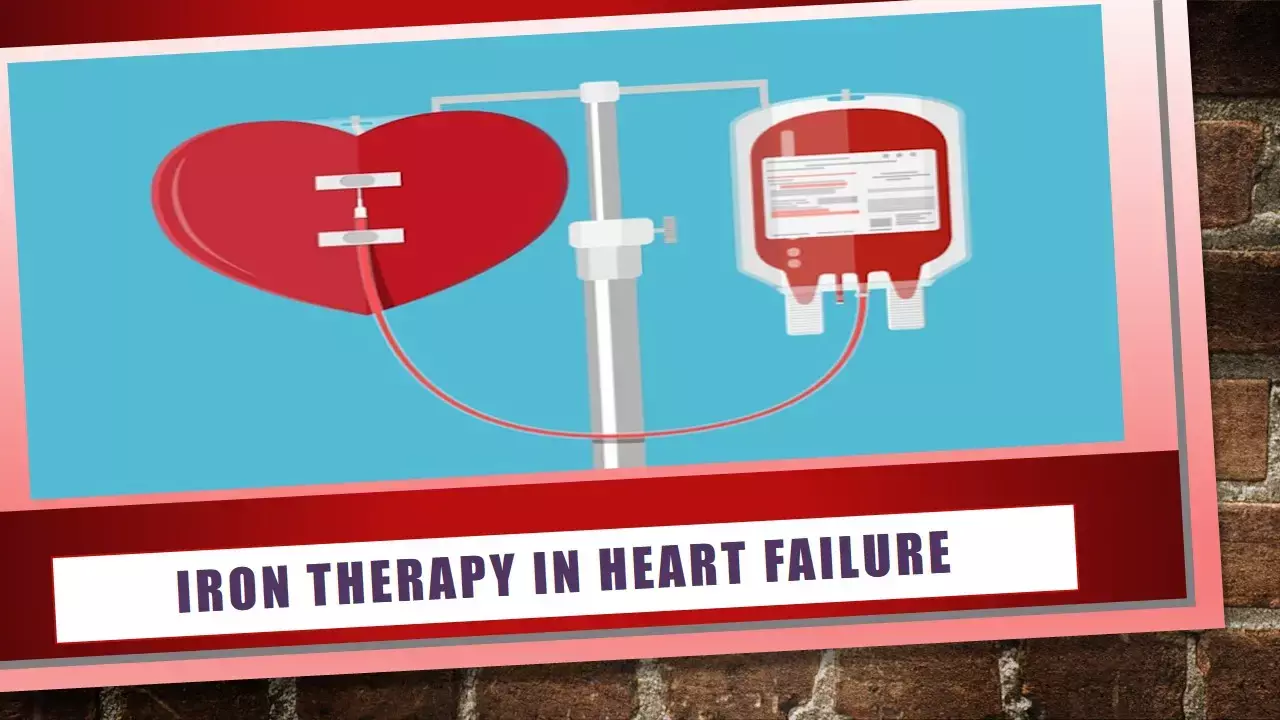- Home
- Medical news & Guidelines
- Anesthesiology
- Cardiology and CTVS
- Critical Care
- Dentistry
- Dermatology
- Diabetes and Endocrinology
- ENT
- Gastroenterology
- Medicine
- Nephrology
- Neurology
- Obstretics-Gynaecology
- Oncology
- Ophthalmology
- Orthopaedics
- Pediatrics-Neonatology
- Psychiatry
- Pulmonology
- Radiology
- Surgery
- Urology
- Laboratory Medicine
- Diet
- Nursing
- Paramedical
- Physiotherapy
- Health news
- Fact Check
- Bone Health Fact Check
- Brain Health Fact Check
- Cancer Related Fact Check
- Child Care Fact Check
- Dental and oral health fact check
- Diabetes and metabolic health fact check
- Diet and Nutrition Fact Check
- Eye and ENT Care Fact Check
- Fitness fact check
- Gut health fact check
- Heart health fact check
- Kidney health fact check
- Medical education fact check
- Men's health fact check
- Respiratory fact check
- Skin and hair care fact check
- Vaccine and Immunization fact check
- Women's health fact check
- AYUSH
- State News
- Andaman and Nicobar Islands
- Andhra Pradesh
- Arunachal Pradesh
- Assam
- Bihar
- Chandigarh
- Chattisgarh
- Dadra and Nagar Haveli
- Daman and Diu
- Delhi
- Goa
- Gujarat
- Haryana
- Himachal Pradesh
- Jammu & Kashmir
- Jharkhand
- Karnataka
- Kerala
- Ladakh
- Lakshadweep
- Madhya Pradesh
- Maharashtra
- Manipur
- Meghalaya
- Mizoram
- Nagaland
- Odisha
- Puducherry
- Punjab
- Rajasthan
- Sikkim
- Tamil Nadu
- Telangana
- Tripura
- Uttar Pradesh
- Uttrakhand
- West Bengal
- Medical Education
- Industry
Parenteral Iron replenishment improves quality of life of acute heart failure patients, study.

Iron deficiency (ID) negatively impacts upon symptom burden, exercise capacity, and quality of life in heart failure (HF) patients. The AFFIRM-AHF trial demonstrated that administration of IV FCM in iron-deficient patients who had stabilized after an acute HF episode reduced the risk of recurrent HF hospitalizations. A predefined secondary analysis from the same trial published in European Heart Journal now shows that treatment with IV ferric carboxy-maltose (FCM), compared with placebo, results in clinically meaningful beneficial effects on health related quality of life (HRQoL).
The baseline 12-item Kansas City Cardiomyopathy Questionnaire (KCCQ-12), which was completed for 1058 (535 and 523) patients in the FCM and placebo groups, respectively, was administered prior to randomization and at Weeks 2, 4, 6, 12, 24, 36, and 52.
From Week 4 to Week 24, patients assigned to FCM had significantly greater improvements in overall summary score (OSS) and clinical summary score (CSS) scores vs. placebo. At Week 52, the treatment effect was still present but in an attenuated manner.
In this pre-specified analysis of the AFFIRM-AHF trial, it was thus observed that patients who had stabilized after an episode of acute HF and who had concomitant ID had severely impaired HRQoL at baseline, and after discharge experienced an improvement in health status during follow-up.
Improving symptoms, function and quality of life is an important standalone target of therapy for patients with HF. Previous analyses have identified IV iron as being one of a very limited number of HF treatments that is able to confer improvements in HRQoL.
Only a few interventions have demonstrated benefits in terms of health status in patients with chronic HF with reduced ejection fraction: these include dapagliflozin, empagliflozin, sacubitril/valsartan, exercise training, self-management interventions with or without remote monitoring, and IV FCM.
Except for FCM, the beneficial effects of these therapies on HRQoL have been demonstrated in chronic stable setting. The present analysis shows utility of FCM in patients recovering from acute heart failure.
To avoid time-taking questionnaires, the authors used a shorter and simpler measure (the KCCQ-12 derived and validated from the 23-item KCCQ), which allows the capture of symptom frequency, physical and social limitations, and quality of life impairment as a result of HF, as well as an OSS.
The AFFIRM-AHF study had demonstrated the favourable effects of IV FCM treatment on KCCQ-12 OSS and CSS scores, which were statistically significant and clinically relevant between Weeks 4 and 24. It has been established that a two to three-point mean improvement in the KCCQ score translates into a relevant increase in subjective patient wellbeing. The mean improvement at weeks 4 and 24 in KCCQ was around 3 points in this study.
The present analysis has shown that in iron-deficient patients with HF and an LVEF ≤50% who had stabilized after an episode of acute HF, treatment with IV FCM, compared with placebo, results in clinically meaningful beneficial effects on quality of life as early as 4 weeks after treatment initiation that last up to Week 24.
Source: European Heart Journal, ehab234, https://doi.org/10.1093/eurheartj/ehab234
MBBS, MD , DM Cardiology
Dr Abhimanyu Uppal completed his M. B. B. S and M. D. in internal medicine from the SMS Medical College in Jaipur. He got selected for D. M. Cardiology course in the prestigious G. B. Pant Institute, New Delhi in 2017. After completing his D. M. Degree he continues to work as Post DM senior resident in G. B. pant hospital. He is actively involved in various research activities of the department and has assisted and performed a multitude of cardiac procedures under the guidance of esteemed faculty of this Institute. He can be contacted at editorial@medicaldialogues.in.
Dr Kamal Kant Kohli-MBBS, DTCD- a chest specialist with more than 30 years of practice and a flair for writing clinical articles, Dr Kamal Kant Kohli joined Medical Dialogues as a Chief Editor of Medical News. Besides writing articles, as an editor, he proofreads and verifies all the medical content published on Medical Dialogues including those coming from journals, studies,medical conferences,guidelines etc. Email: drkohli@medicaldialogues.in. Contact no. 011-43720751


